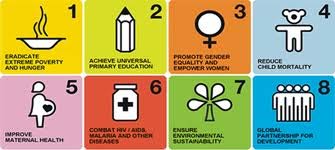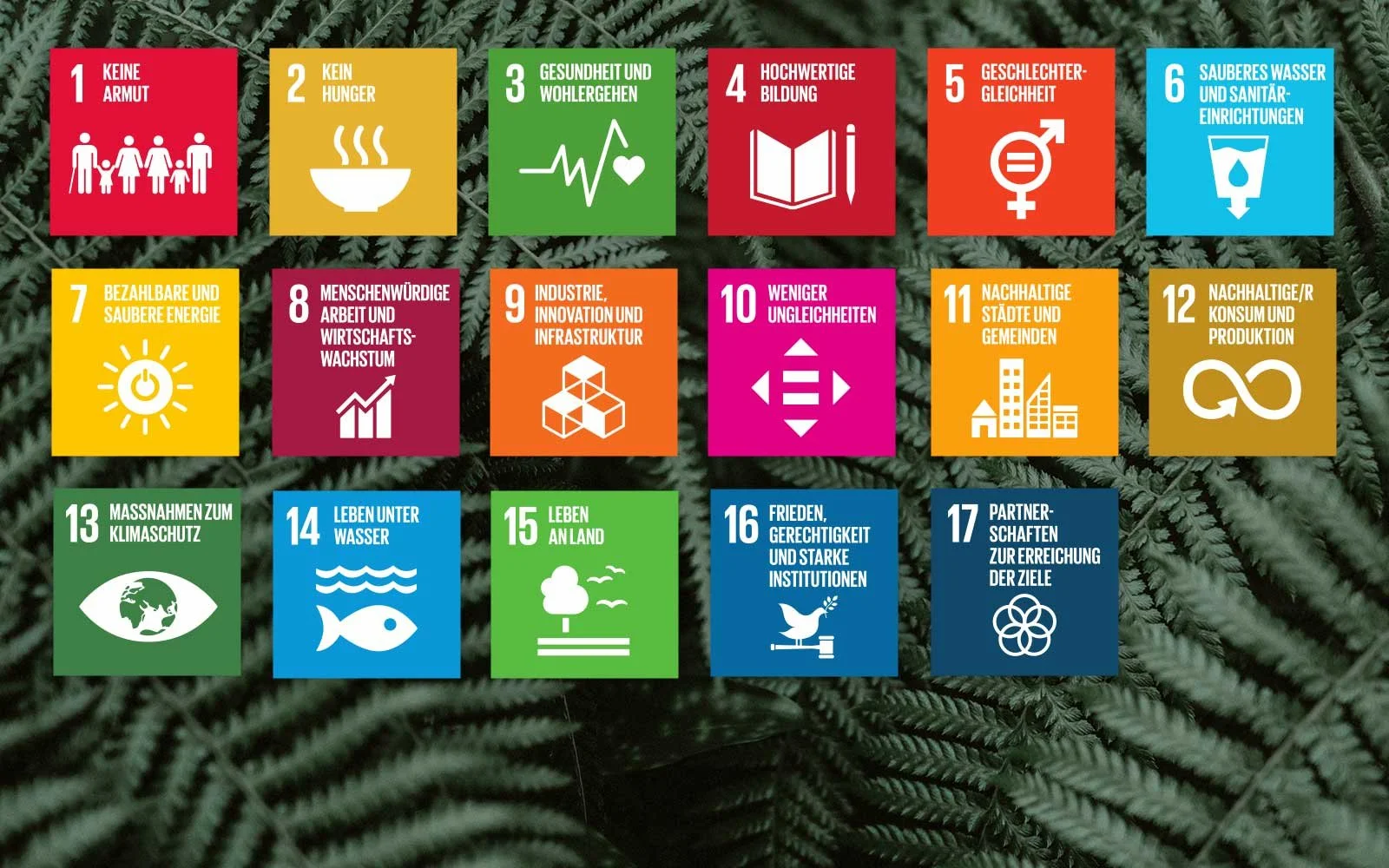ENDING POVERTY – RESTORING DIGNITY
Shifting from ‘Millennium’ to ‘Sustainable’ Development Goals
by Caroljean Willie

The Millennium Development Goals (MDGs) were adopted by the United Nations Millennium summit in September, 2000. Government leaders from countries around the world agreed to set these goals in order to reduce by half the number of people throughout the world living in extreme poverty (those living on less than $1.25 per day), and to restore to them dignity and a basic quality of life by 2015. The Millennium Declaration declared: "We will spare no effort to free our fellow men, women and children from the abject and dehumanizing conditions of extreme poverty."
One of the unique features of the MDGs was that they offered specific time-boundcommitments in the areas of poverty eradication, universal primary education, gender equality, child and maternal health, combating HIV/AIDS, malaria and other diseases, ensuring environmental sustainability, and developing a global partnership for development.
Mixed Results to Date
There is more food where there was little food. Photo: UNDP
Thirteen years have passed since this Declaration was signed and positive outcomes have resulted. The number of people living in poverty has fallen to less than half of its 1990 level. Over two billion people have gained access to clean drinking water and the share of slum dwellers living in cities fell, improving the lives of at least 100 million people. Despite these gains, there are still gaps in delivering on these global commitments. Approximately 1.4 billion people continue to live in poverty, every 4 seconds a child dies from preventable causes and more than 900 million, particularly women and young people, suffer from chronic hunger.
The Millennium Development Goals Summit held in 2010 was designed to review progress of the MDGs and chart the way forward. Positive outcomes from that summit were a re-invigorated strategic partnership with civil society networks both globally and regionally across multiple issue-based groups, the establishment of a strong network within countries to hold governments accountable, and the inclusion of those living in poverty themselves in helping to shape public policy from the bottom up at both the local and national levels. UN Agencies have also taken the initiative to collaborate and work together to support civil society and other stakeholder engagement to accelerate the achievement of the MDGs.
An equally positive outcome of the MDGs is how they awakened people everywhere to the realities of extreme poverty and inequalities and mobilized faith communities world-wide to participate in poverty eradication efforts beginning in their own neighborhoods and beyond.
A Shift to Sustainable Development Goals

The United Nations Conference on Sustainable Development – or Rio+20 – took place in Rio de Janeiro, Brazil in June 2012. Whereas the MDGs were concerned primarily about poverty eradication and economic development, the Rio+20 conference emphasized the importance of all three dimensions of development: social, environmental and economic. To this end, Member States decided to launch a process to develop a set of Sustainable Development Goals (SDGs) which will build upon the Millennium Development Goals and converge with the post 2015 development agenda.
The Rio+20 outcome document, The Future We Want, states,
“We reaffirm our commitment to make every effort to accelerate the achievement of the …MDGs by 2015. We recognize that people are at the center of sustainable development and, in this regard, we strive for a world that is just, equitable and inclusive, and we commit to work together to promote sustained and inclusive economic growth, social development and environmental protection and thereby to benefit all.”
Member States agreed that these SDGs must be action-oriented, concise, easy to communicate, limited in number, aspirational, global in nature, and universally applicable to all countries while taking into account different national realities, capacities and levels of development and respecting national policies and priorities.
The United Nations is planning a series of consultations to help shape the post-2015 agenda with support from Civil Society coalitions including the Global Call to Action Against Poverty, CIVICUS and the Beyond 2015 Campaign, which have been organizing Civil Society engagement in post-2015 discussions. This process includes the creation of a High Level Panel, over 50 national and thematic consultations, community based discussion and a Global Online Conversation – all contributing to a vision for The World We Want beyond 2015.
The World We Want is now a growing movement of people from everywhere contributing their vision towards an overall plan to build a just and sustainable world free from poverty through The World We Want web platform. This platform is a joint initiative between the United Nations and Civil Society. It will help ensure that global efforts to secure a post-2015 development agenda are based on the perspective of people living in poverty.
In addition to the collaborative efforts between the UN system and Civil Society, members of Civil Society present at the Rio+20 summit have initiated Peoples’ Sustainability Treaties declaring that another world is possible and pledging their commitment towards a sustainable future for all. These treaties represent a global citizen’s movement dedicated to a sustainable, equitable, and democratic future, one in which ethics is both a right and a responsibility – at individual, community, and planetary levels.
Light comes from many sources. All of the initiatives in this article represent points of light. No one person can do everything, but each person can do one thing and become a source of light in his/her own family and community. In the words of author Eliezer Yudkowsky, “There is light in the world, and it is us!”
Header Photo: United Nations Association of Australia



